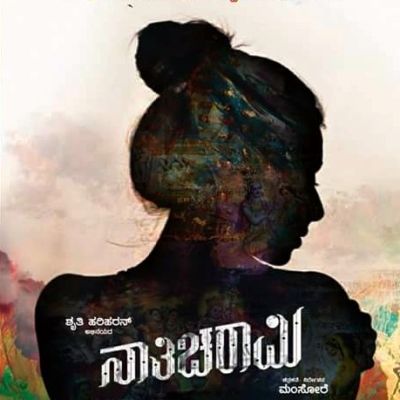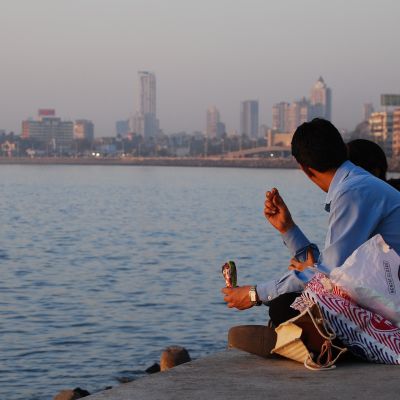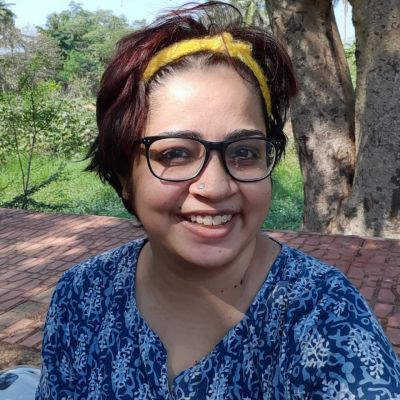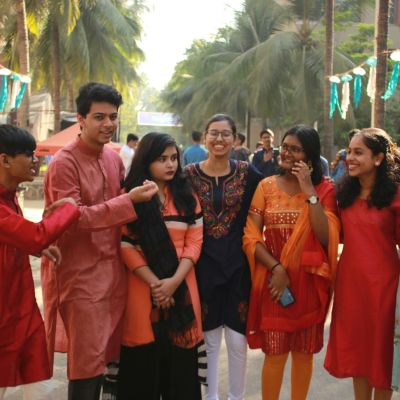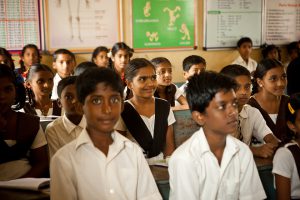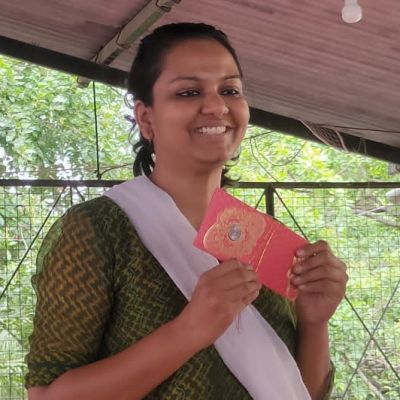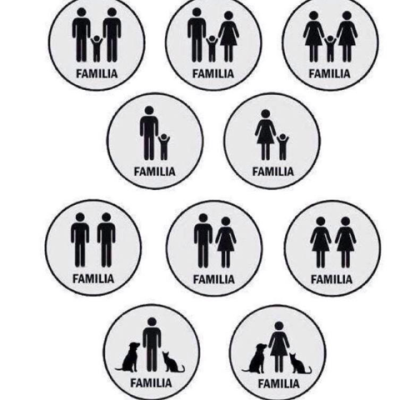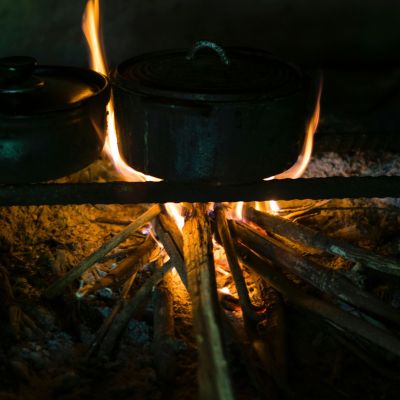love
The only hitch was that neither the agents nor the landlords who lurked behind those rentable flats were particularly keen on leasing their precious properties to a – what! Divorcee??!! No, no, madam, but this flat is only for families.
Nathicharami takes sexuality and sexual desire away from upper-class, Gucci-clad women and makes its viewers acknowledge its existence in the lives of women (middle-class wives and widows, in the case of this film) who are invisibilised, both in the society they live in and as subjects of popular content.
सेक्शूऐलिटी और जलवायु परिवर्तन के कारण जलवायु आपदाओं के बीच का रिश्ता भले ही सीधा न दिखाई दे, लेकिन यह बेहद गहरा और महत्वपूर्ण है।
शहरी स्थानों को पुनः प्राप्त करने के लिए, सार्वजनिक स्थानों पर प्यार और रोमांस की पुलिसिंग या निगरानी के कई पहलुओं को देखना महत्वपूर्ण है
ऐसी जगहों की बहुत कमी है जहां विकलांगता के साथ जी रहे लोग अपने यौनिक अनुभवों या यौनिक जिज्ञासा के बारे में खुलकर बात कर सकें। खास तौर पर विकलांगता के साथ जी रहे युवाओं पर हर वक़्त निगरानी रहती है जिसका मतलब है कि वे यौन अनुभवों से वंचित रह जाते हैं और अपनी यौनिकता को समझ नहीं पाते।
हम भाषा पर निर्भर करते हैं। “हाँ” का मतलब इजाज़त देना, और “ना” का मतलब मुकरना। आसान और सरल शब्दों में हमें बताया जाए तो सहमति का मतलब इन्हीं दो अल्फ़ाज़ों से आता है। आसान है, है न?
सबसे ख़ूबसूरत बात यह है कि समावेशी दोस्ती समाज में भी बदलाव लाती है। जब दोस्त एक-दूसरे को बिना भेदभाव अपनाते हैं, तो यह उदाहरण बनता है और धीरे-धीरे एक ऐसी संस्कृति का निर्माण होता है जहाँ विविधता को सम्मान और स्वीकार्यता मिलती है।
The most satisfying spiritual and sexual experiences I’ve had were not in my twenties, thirties or even forties. They have been in my 50’s. The most insightful spiritual insights, and the most orgasmic orgasms have both arrived in middle age.
शहरी पुणे के एक नगरपालिका स्कूल की आठवीं कक्षा – एक सह-शिक्षा कक्षा जिसमें 18 लड़के और 12 लड़कियाँ हैं – के कुछ अनुभव
पितृसत्ता ने मर्दानगी को विषमलैंगिकता और यौनिक वर्चस्व से जोड़ा है, जिससे पुरुषों पर ‘सच्चा मर्द’ बनने का दबाव बढ़ता है। यह न केवल समलैंगिक और द्विलैंगिक पुरुषों को हाशिए पर डालता है, बल्कि विषमलैंगिक पुरुषों के लिए भी यौनिक अभिव्यक्ति को सीमित करता है।
क्या आपने अपनी माँ के साथ ऐसी बातें की हैं, उनके प्यार, चाहत, इच्छा के बारे में कभी बात हुई है? कैसा था आपका अनुभव? मुझे लगता है कि परंपरा, संस्कृति, इज़्ज़त ने मेरे अंदर एक डर बैठा दिया है और मैं अपनी इच्छा के बारे में बात करने के लिए शब्द और जगह दोनों ही ढूंढती रहती हूँ।
एक आदमी होने का मतलब है काफी कुछ भी अपने काबू में रखना। अपना व्यवसाय, अपनी भावनाएं, अपना घरबार, और खासकर अपनी यौन ज़िंदगी।
इस बात के अनेकों कारण हो सकते हैं कि महिलाएँ बच्चे क्यों नहीं चाहती हैं, ठीक वैसे ही जैसे इस बात के अनेकों कारण है कि वे बच्चे क्यों चाहती हैं। बच्चे होने के कारणों को सामान्य करार दिया जाना जबकि बच्चे ना होने की इच्छा को ‘सामान्य से अलग’ माना जाना, शर्मिंदा किया जाना और संदिग्ध की तरह करार दिया जाना, सभी के लिए नारीत्व का ‘एक ही अर्थ’ बनाने वाले है।
दो कविताएं – हवेली आधुनिकता के आवरण में क्षयग्रस्त पारंपरिक पुरुषत्व को दर्शाती है, जबकि चारपाई कठोर और लचीली अभिव्यक्तियों के बीच विरोधाभास प्रस्तुत करती है, जहां जो जिस चारपाई पर बैठते हैं, उसके गुणों को अपनाते हैं, जो भिन्न-भिन्न पुरुषवादी पहचानों का प्रतीक है।


